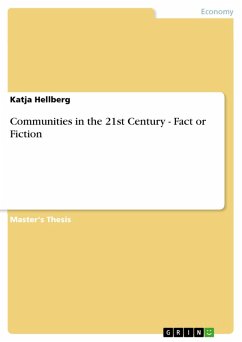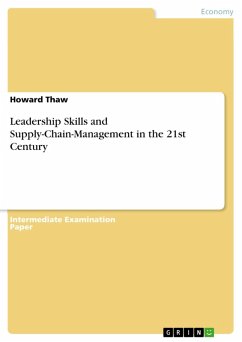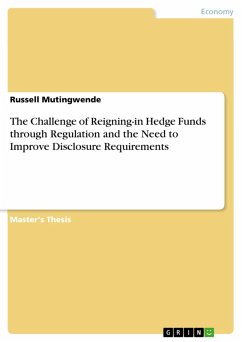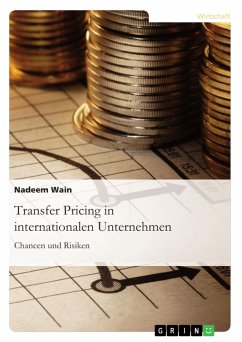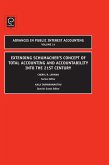Master's Thesis from the year 2002 in the subject Business economics - General, grade: 8.5, Maastricht University (Department of Marketing and Marketing Research), course: Master of Business Economic, language: English, abstract: In today's globalised world, characterized by individualism, there is a trend "backwards" to community building, as human beings are increasingly looking for a social link. These communities of the twenty- first century are held together through shared emotions, style of live, and consumption practice. Applying this to the field of marketing might provide marketers a better understanding of customers' wants and needs, namely that of communal feeling. This idea is the basis for the underlying study, which extends on previous research of brand communities. It contributes to earlier studies by exploring brand communities in a different setting. Moreover, it contributes by investigating upon relationship marketing characteristics and their existence in brand communities. A brand community can be defined as a specialized, non-geographically bound community, based on four distinct relationships a focal customer engages in. These are customer-product, customer-brand, customer-company, and customercustomer relationships. A brandfest, where customers of a brand come together in order to 'celebrate' the brand and share their common interest, can provide the social context, and geo-temporal concentration, which adds meaning to the customers' consumption experience and thus enforces or reinforces relationships. In order to truly benefit from brand communities, the relationships therein should be characterised by trust, affect, and commitment, and should lead to sustainable loyalty. In order to find out whether brand communities exist in a different product category than automobiles, the board game Kolonisten van Catan was chosen. The automobile product category is characterised by both high pleasure potential (hedonic value) and high functional value (utilitarian value). In contrast, the toys product category (to which Kolonisten van Catan belongs) has a high pleasure potential, and a low functional value, and is therefore useful to determine whether there are differences due to the product category. The relationships mentioned above were examined in the context of a brandfest; the Dutch National Kolonisten van Catan competition. The participants were questioned about their relationships with the product, the brand, the company, and other customers, in order to find out whether those are positive. [...]
Dieser Download kann aus rechtlichen Gründen nur mit Rechnungsadresse in A, B, BG, CY, CZ, D, DK, EW, E, FIN, F, GR, HR, H, IRL, I, LT, L, LR, M, NL, PL, P, R, S, SLO, SK ausgeliefert werden.

